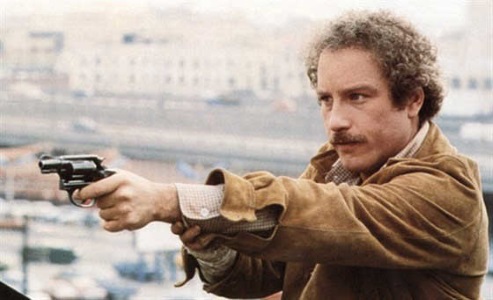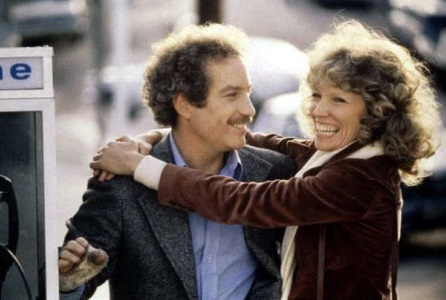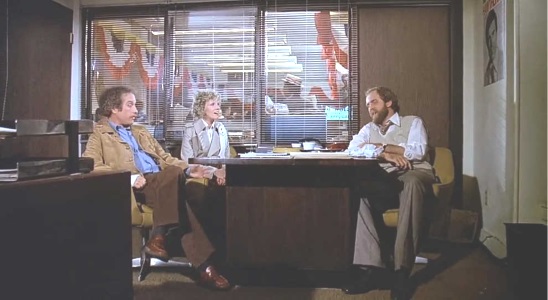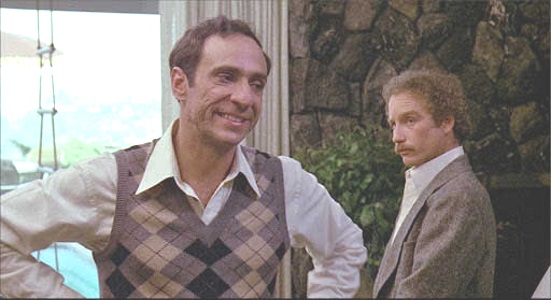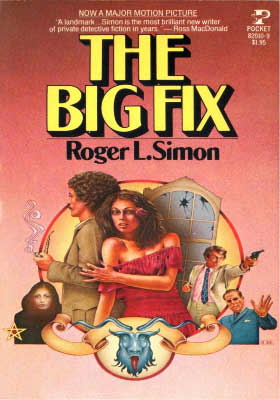The Big Fix
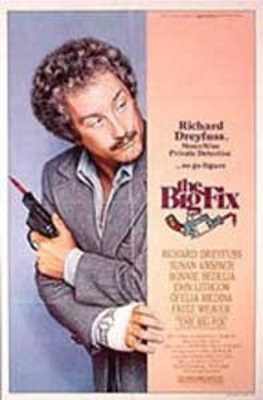
Director: Jeremy
Kagan
Year: 1978
Rating: 6.5
By 1978 tough old-fashioned private detectives
in trench coats and fedoras like Sam Spades and Philip Marlowe felt out of
place. They had passed on to a new generation that had cats and kids to worry
about. Were no longer knights fighting for justice no matter the cost. They
were products of the 1960s trying to make enough money to pay alimony and
the rent. Noir didn't fit in with the bland 1970s - and so instead you had
TV detectives like Rockford living in a trailer or Art Carney in The Late
Show huffing and puffing as he climbed stairs. Altman turned it all upside
down with his Marlowe in The Long Goodbye with a nonchalant Elliot Gould.
The best of the films took us back in time - Chinatown and Mitchum in Farewell.
My Lovely. When Mitchum brought his detective into the present in The Big
Sleep it didn't work.
